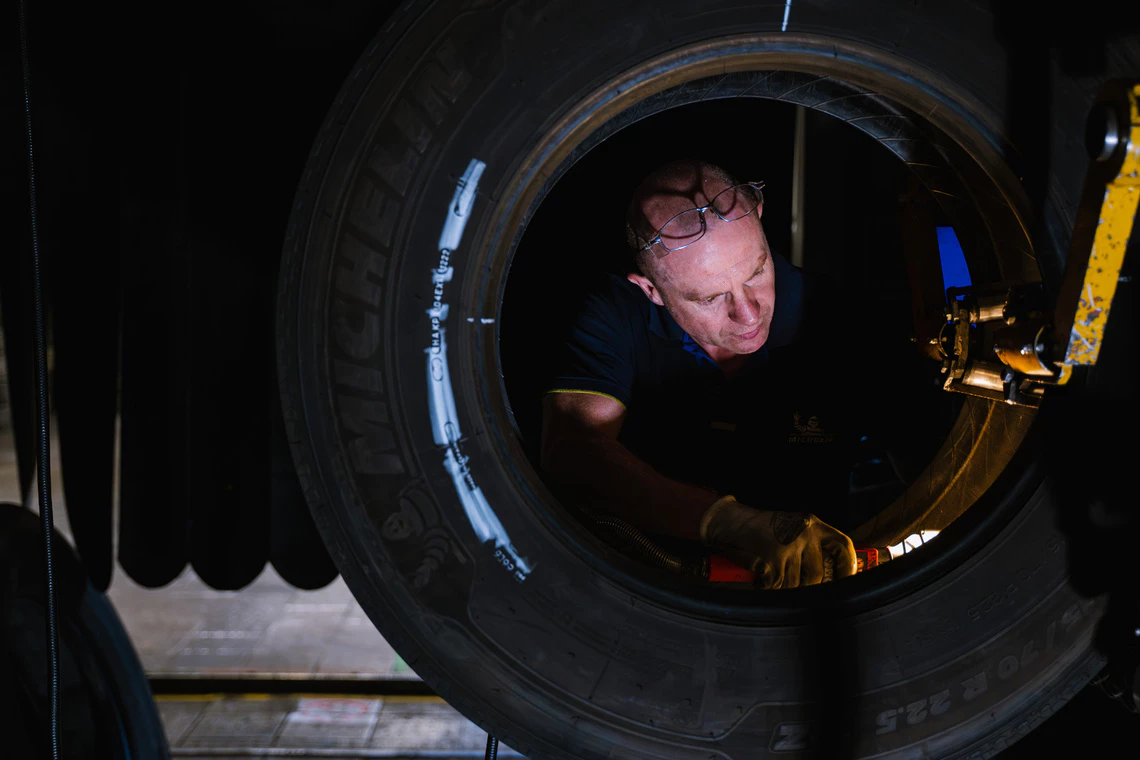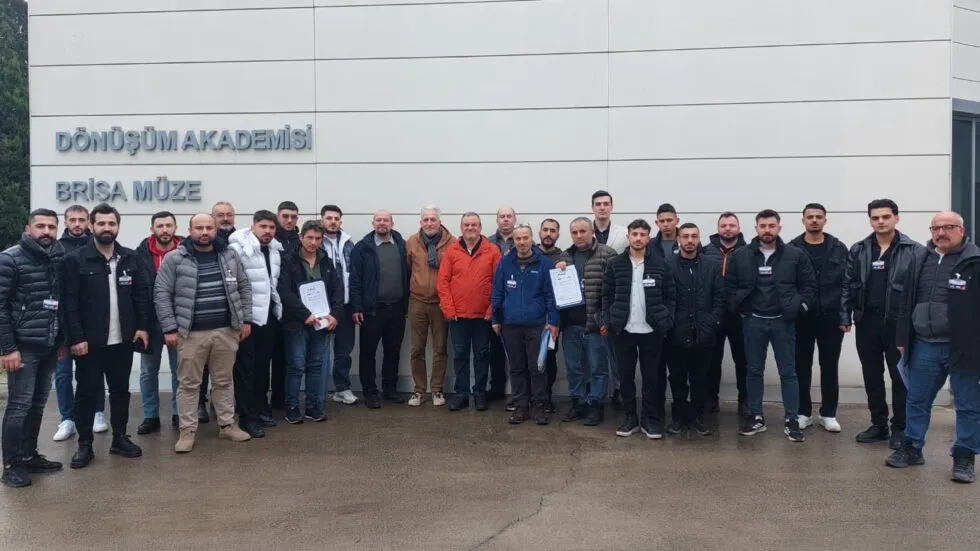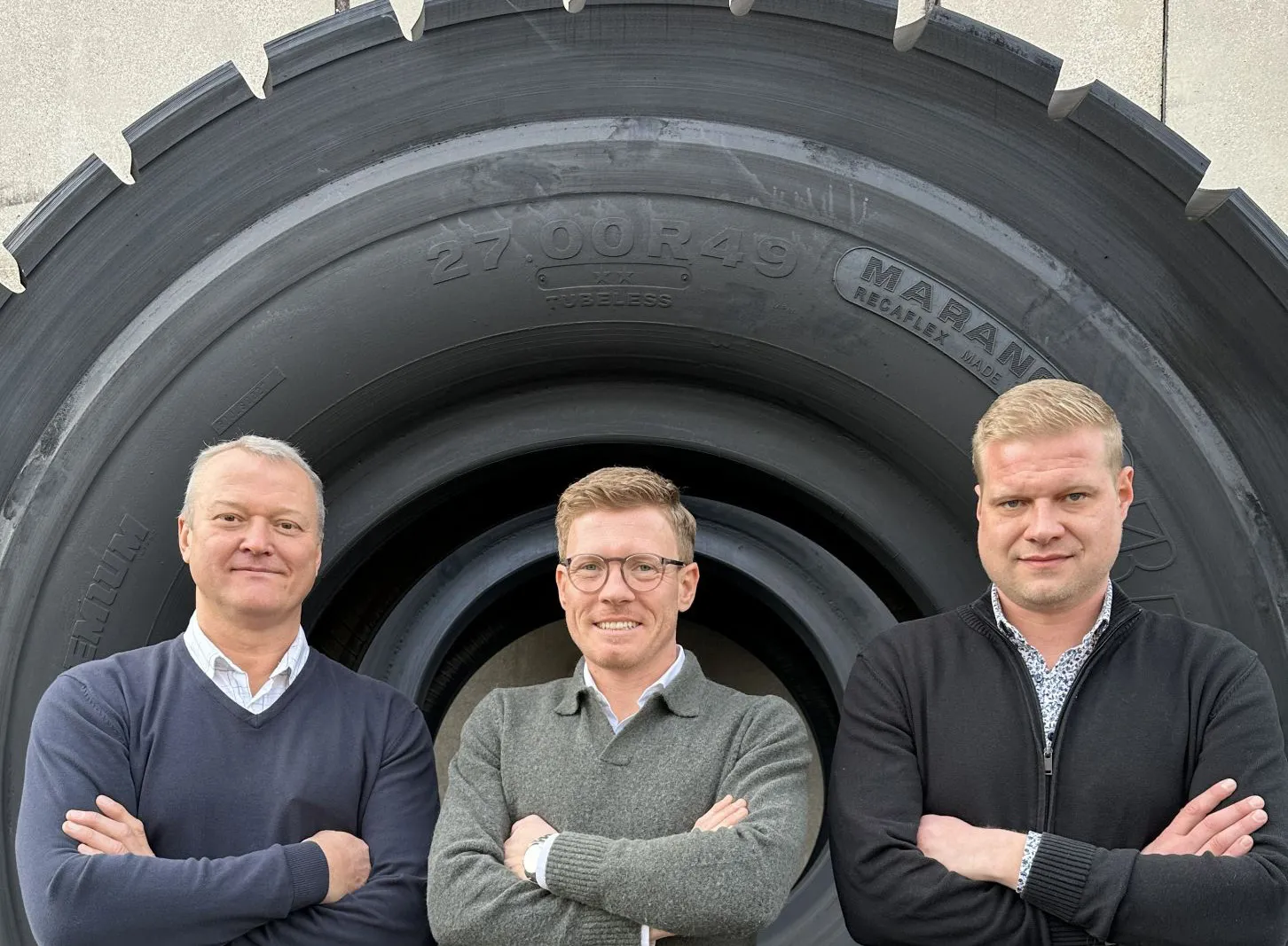Not a day goes by without new legislation emerging that affects the retreading industry and this time, the spotlight returns to the European side of the Atlantic. In Spain, the proposed “Ley de Consumo Sostenible” (Sustainable Consumption Bill) has triggered concern in the tyre industry. The Spanish Retreading Association, Asociación Española de Neumáticos Reciclados (AER) warns that the draft could significantly impact the visibility of retreading as a circular solution in the country.
The Spanish Retreading Association Warns of Unintended Consequences in the Sustainable Consumption B...
The Spanish Retreading Association Warns of Unintended Consequences in the Sustainable Consumption B...







